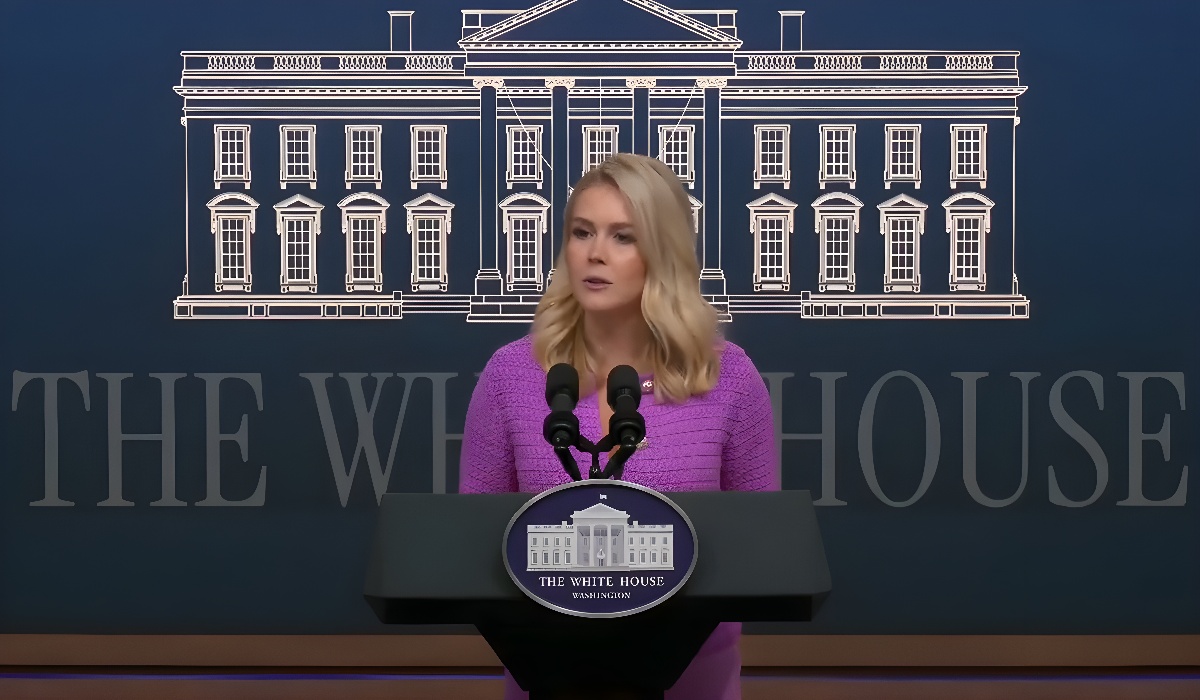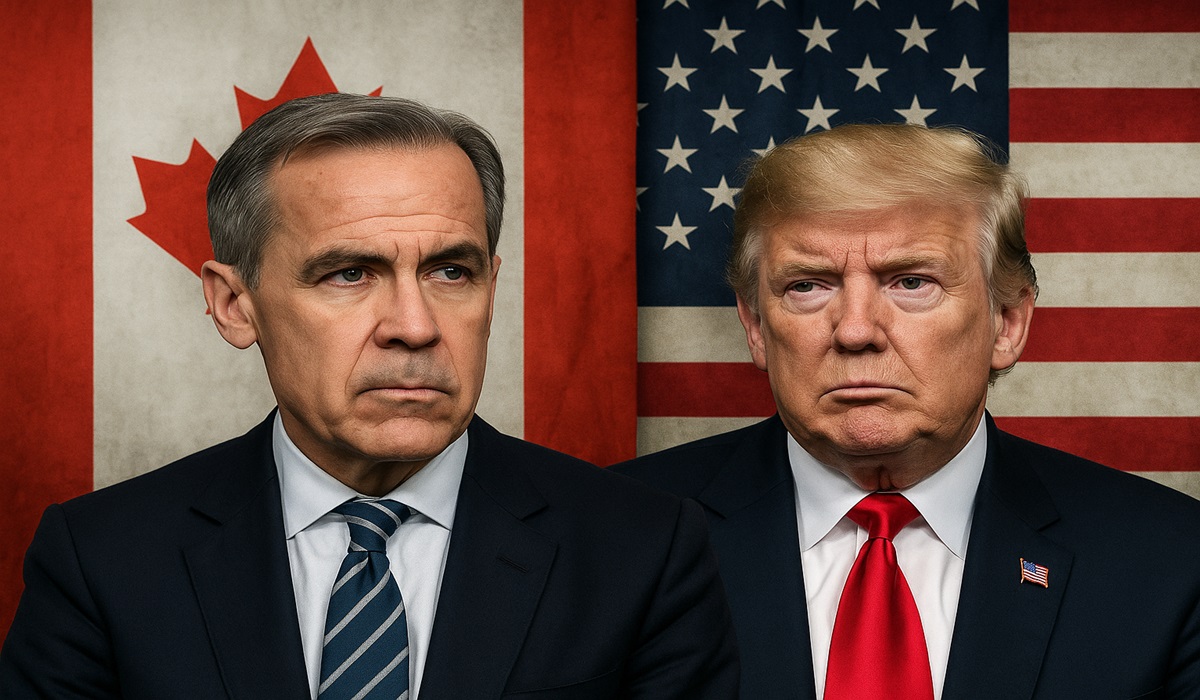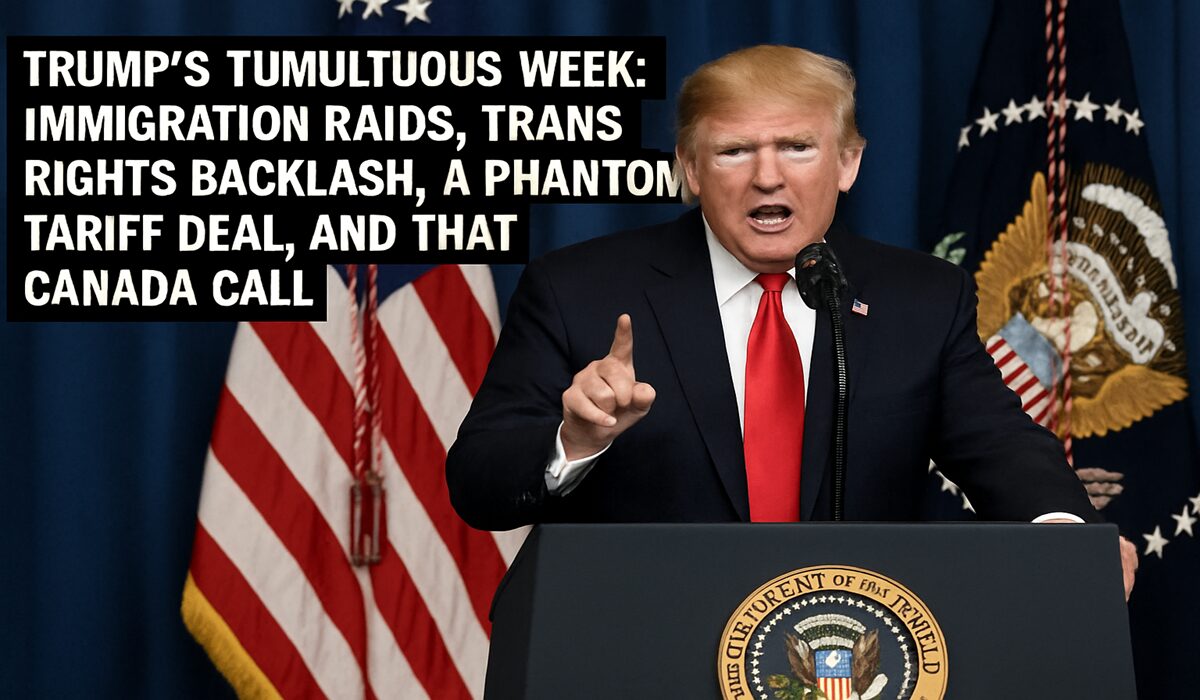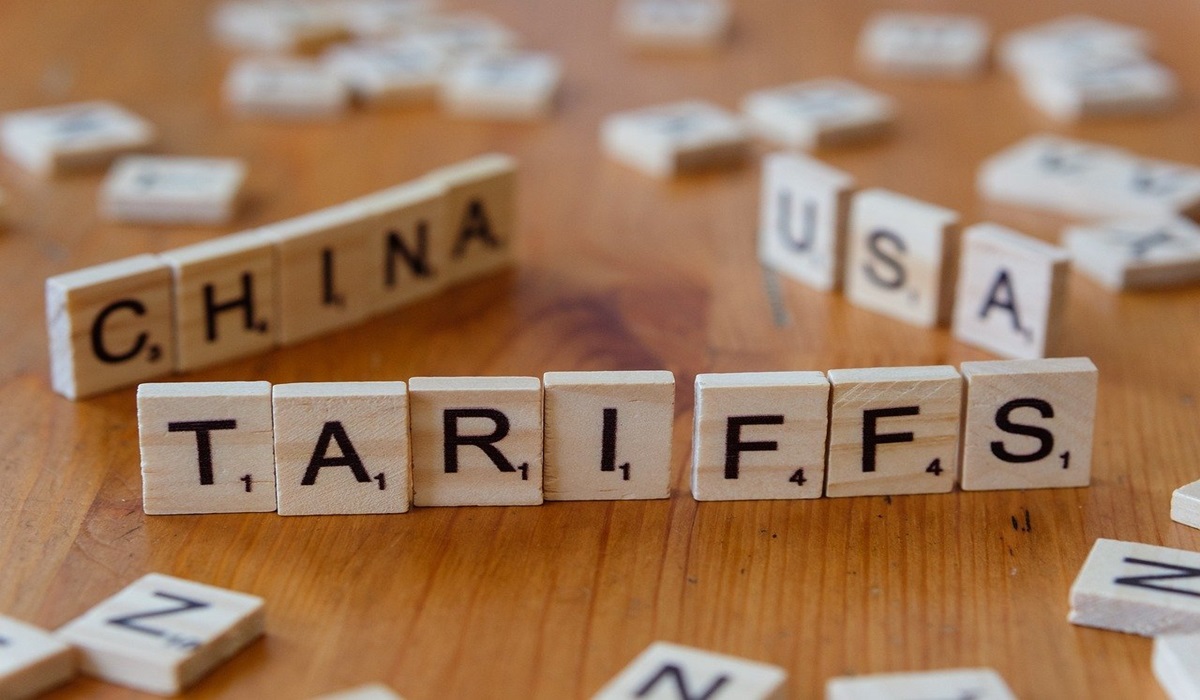The De Minimis Disaster: Trump’s Tariff Threats Will Wreck Supply Chains and Squeeze Consumers
- TDS News
- U.S.A
- April 9, 2025

Image Credit, Romeo Session
In the pantheon of economic policy missteps, few are as poised to inflict widespread collateral damage as the incoming assault on America’s de minimis rule—a threshold that currently allows imported goods valued under $800 to enter the United States without incurring duties or extensive customs procedures. This longstanding exemption has been a lifeline for small businesses, independent tailors, and global sellers looking to compete in the e-commerce arena. But under President Donald Trump’s renewed tariff threats, this rule may soon become a relic of free trade, replaced with a punitive trade wall that hurts not just foreign exporters, but most critically, American consumers and companies.
Let’s be clear: the de minimis threshold isn’t just a policy quirk—it’s the bedrock of the modern e-commerce ecosystem. It’s what allows platforms like Temu, Shein, Alibaba, and other global juggernauts to ship individual packages directly to U.S. doorsteps at affordable prices. By targeting this rule for elimination or restriction, Trump’s proposal would slap tariffs on hundreds of millions of low-cost items. And when tariffs go up, prices do too—fast.
The proposed crackdown spells disaster for foreign small-scale producers, especially tailors and niche designers who rely on direct-to-consumer shipping. Many of these small players have no hope of absorbing the costs of new duties or navigating the red tape of full customs procedures. What Trump is proposing isn’t a blow to China alone—it’s a blunt-force hit to Vietnam, Bangladesh, Sri Lanka, and dozens of developing economies trying to gain a foothold in the global digital marketplace. And for what? A policy that punishes skill, efficiency, and competitive advantage under the guise of nationalism.
But perhaps the most bitter pill will be swallowed by Americans themselves. Consumers are the largest buyers in this equation—and they’re about to face skyrocketing prices. You need only look at the tech sector to see what’s coming. According to industry insiders, Trump’s proposed tariffs could push the price of a new iPhone well above $3,000. That’s not inflation—that’s a full-on trade war tax on the American people. And Apple won’t be the only victim. From sneakers and hoodies to headphones and hair dryers, everything that used to cost $20 might now cost $50 or more.
The popular narrative often sold to justify these tariffs is that they will somehow bring back manufacturing to American soil. But this, too, is economic fantasy. The myth that companies outsource to China solely for cheap labor is reductive and misleading. The real draw is China’s vast, highly skilled workforce, world-class infrastructure, and decades of manufacturing expertise. If it were all about low wages, then countries like Indonesia, Mexico, or Ethiopia would have already overtaken China’s manufacturing dominance. But they haven’t. When Apple tried to manufacture iPhones in India, the result was a logistical nightmare that cost billions and left a trail of operational chaos.
The fact is, manufacturing in the U.S. is expensive. Union wages, domestic sourcing requirements, regulatory compliance, and real estate costs all drive up the price of goods. Add the complexity of rebuilding entire supply chains from scratch, and it becomes clear that simply “reshoring” factories isn’t just economically unsound—it’s economically suicidal for companies trying to compete on a global stage.
What Trump is proposing isn’t a smart economic strategy—it’s a populist gamble with disastrous consequences. Gutting the de minimis rule won’t bring back jobs, it won’t hurt China the way he thinks, and it won’t strengthen America. It will simply raise the cost of living, suffocate small businesses at home and abroad, and fracture the very trade networks that have kept U.S. inflation in check for decades.
This is not “America First.” This is America Alone. And in a world where global cooperation is the currency of economic growth, isolation isn’t power—it’s poverty.








